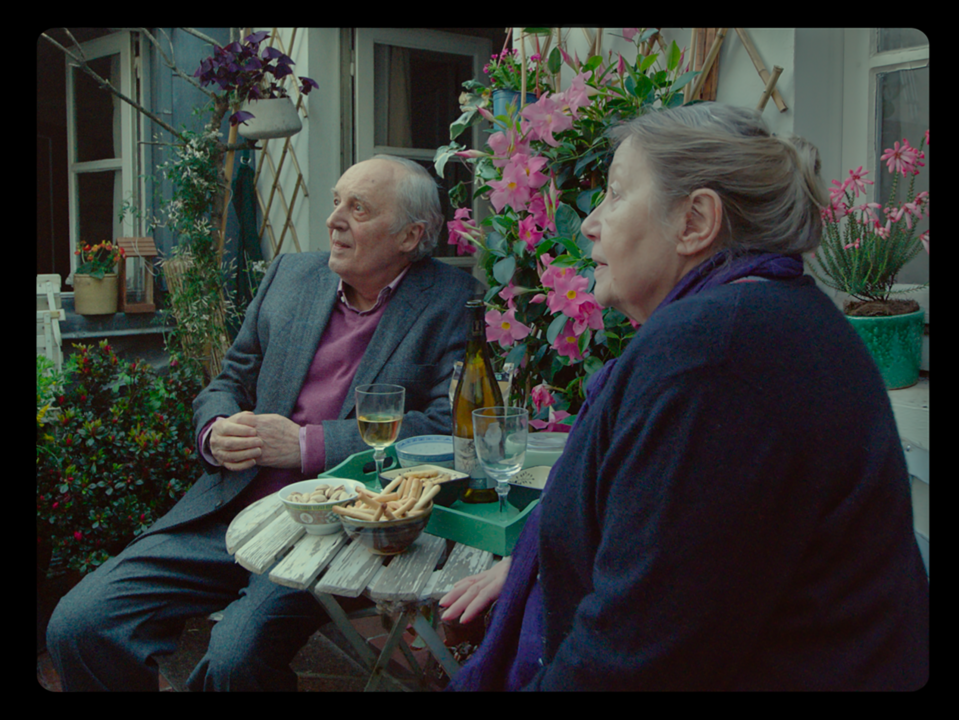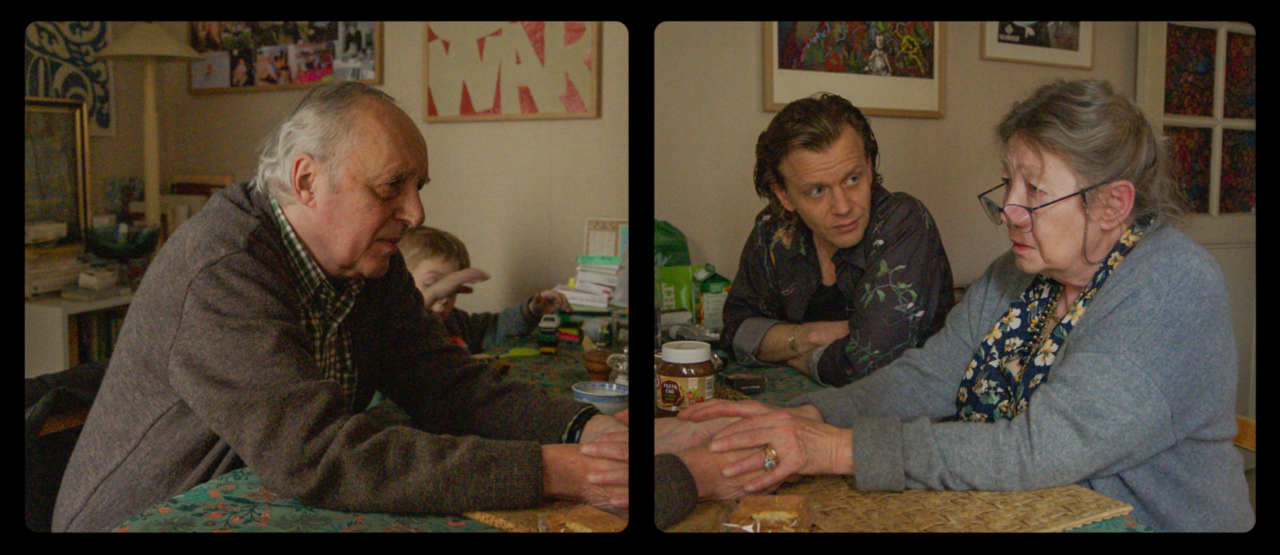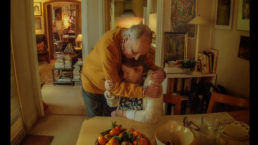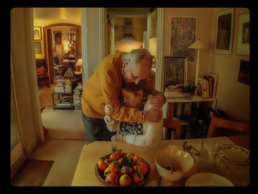‘Vortex’ Meditates on Dementia and Dreams
The story of a dementia-stricken couple living out the final days of their life together.
The thought of eventually dying is scary. It’s an entirely unpleasant thing to ponder (especially given how tragically it might happen, as recent headlines in this country continue to illustrate). And yet, what I’d reason is just as scary, is living long enough to the point when our minds stop working before our bodies do. To shuffle through the last years of your life–trapped, helpless, and without the comfort of self-control–would be a terrible suffering to have to endure.
The idea of control–or more specifically, the helpless feeling of not having it–is something that consumes the mind of writer-director-provocateur, Gaspar Noé. Whether he’s interested in the loss of control of our bodies (Irreversible), our minds (Enter the Void, Climax), or romantic partners (Love), his films are intent on presenting suffering in its starkest, bleakest of forms. And we, as the audience, must endure this too as a type of pain-based stamina test, a demented joy ride one is forced to take to see if there’s any light at the end of the tunnel. Is there any grander meaning to it after living through such cruel nightmares?
While Noé is well known for being deliberately demented in his pop-shock presentations (seizure-inducing strobe lights are a signature), his latest film–Vortex–is perhaps his most unexpected yet. While it fits within his body of work, Vortex meditates on suffering by telling the story of a dementia-stricken couple living out the final days of their life together. While you won’t find any hints of gleefully-deranged hallucinogenic dance parties in this somber, sober, and incredibly moving film, it remains impactful.

In Vortex, we follow an elderly couple living in a cramped French apartment. Sharing a single frame together (an important note for now), they venture to share a meal on the balcony. Elle (Françoise Lebrun) asks him, “Life is a dream, isn’t it?” To which Lui (Dario Argento) agrees: “A dream within a dream.” And then, this painful dream begins.
We next see them in bed from a bird’s eye view. Elle awakes in a sort of silent early morning panic. Heartbreakingly, the frame divides them both into their own frames–to which they will remain throughout the rest of the film. In a visually experimental move, Noé presents the rest of the film in split-screen narrative. We must follow Lui and Elle’s lives, played out in real-time sequences lasting for impressively long stretches, from within their isolated frames.
We soon see the early stages of Elle’s dementia. Taking out the trash becomes an impromptu trip into a street shop. As we see her wander through the streets, all with a look that conveys vacancy and innocence, Lui continues readying himself for the day, unaware of her whereabouts. When he finally realizes she’s gone and finds her, he confronts her with concerned interrogation, her blank face unable to provide answers. As her condition worsens, he remains steadfast in his devotion to her. Or is it that he doesn’t wish to acknowledge this new reality–this dream within a dream? This becomes their shared downfall.

At 2 hours and 22 minutes, Vortex is a gripping watch. The longer the story heightens with suspense, the more I was racked with urgency. The film would not succeed without its brilliant actors who inhabit every second of the film, delivering some of the most naturalistic performances. I’m still in awe as I write and think back about how Lebrun, as Elle, is able to convey this specific mind state, with that blank but warm stare on her face. And Argento (who cinephiles will recognize as the director of Suspiria) delivers as equally a realistic performance.
What I noticed about halfway though watching Vortex–with its split-screen narrative–was that I found myself watching Lui more. Why was that? Was I indirectly identifying with him, making him the central character of this story? As if Elle’s wandering were only affecting his life? It was a moment where I consciously shifted my main viewing towards Elle’s frame–making her the lead character–and, Lui being secondary. Ultimately, the cross-viewing nature only points out–as I believe Noé intends–that both are equally plagued with this disease. A commitment that’s built on love, through sickness and in health, is a journey that both will have to take.
Sadly, we all recognize that aging and its ailments are a natural part of life. Some would be so lucky to live as long a life as to experience them. But the matter stands, that the inevitable decline of our bodies–these precious, fragile and temporary little vessels–will break down, leaving us physically trapped, helpless, and without control. In Vortex–as Noé shows–if we’re lucky enough, it’s a dream we might not have to dream alone.
2h 22m. Distributed by Utopia.
Ryan Rojas
Ryan is the editorial manager of Cinemacy, which he co-runs with his older sister, Morgan. Ryan is a member of the Hollywood Critics Association. Ryan's favorite films include 2001: A Space Odyssey, The Social Network, and The Master.


